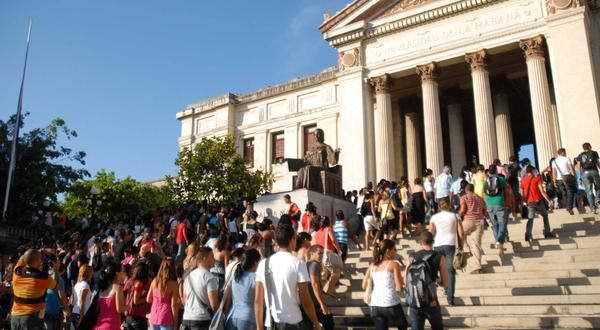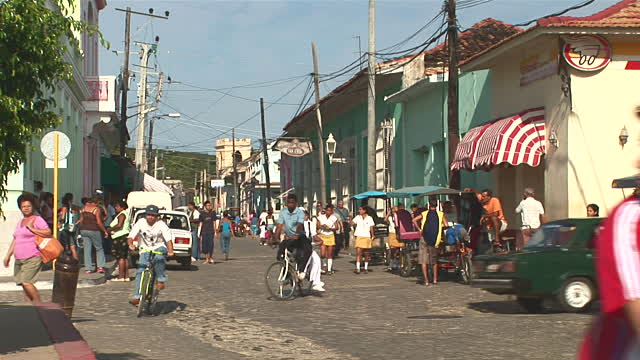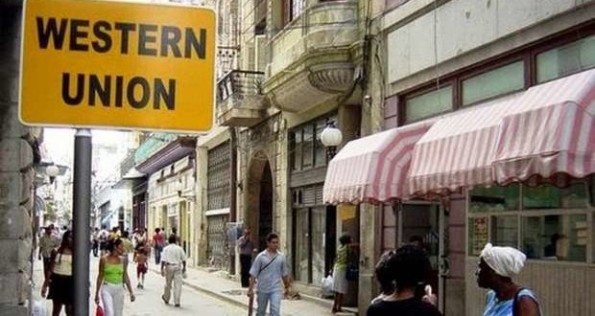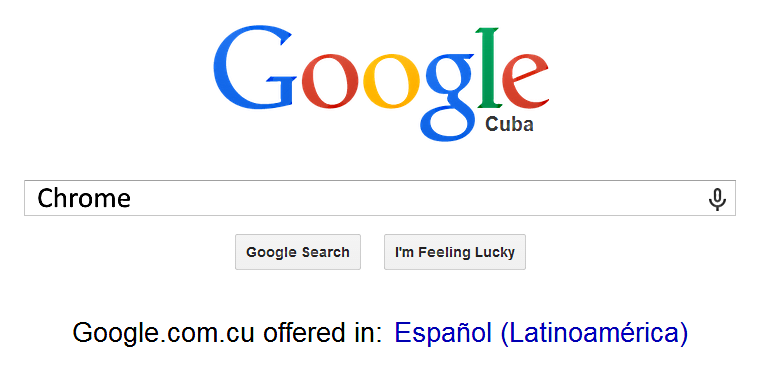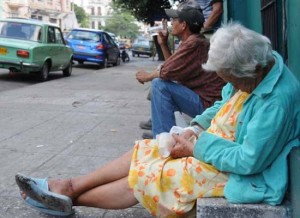
Juan Juan Almeida, 11 January 2016 — Racial and gender designations were fundamental in the dynamics of international politics, basically dominated by white men; but, fortunately, and like the rough action of a Russian-made Aurika washing machine, there are cycles with an expiration date.
Several penal codes in the world sanction racism, homophobia and whatever other ways to exclude human beings; and, disgracefully, there are people and groups that, clinging to outworn concepts, tarnish themselves by raising flags, at least in Cuba, that are shameful and unrestrained. continue reading
It’s clear that bad news is always the most fascinating, and segregation of whatever type is an image that, by being unpleasant, seduces the media and certain politicized groups. But I don’t think that Cubans who live on the island are racist or homophobic; it’s more a matter of being “classist.”
Discrimination, whether racial, sexual, religious, ideological or by social condition, is a phenomenon that came to our hemisphere long before Columbus. Fidel Castro didn’t invent it, nor did the so-called Revolution create it, although, without doubt, in a purposeful moment they used it. This “divide and conquer” stimulated resentment and generated a cruel individuality that, paradoxically, ended up dynamiting the essence of an “egalitarian nation.”
Demonizing wealth had the opposite effect to the one desired by the Revolutionary leaders. It ridiculed the “way of acting that had been established as the way of the proletariat” and created a negative image of the working class. They started to disrespect the sacrifices of the journalist, the soldier, the housewife, the engineer, the builder, the street sweeper and everyone who was working. Thus, the work of those who were able criminals was glorified.
The pyramid inverted itself, and the persistent spectacle of indoctrination saturated everyone. By force of repetition, the echo of the word “discrimination” contaminated all of us and converted us into a transmitter of a thought that, I’m not saying is a lie, but yes, truth was exaggerated so much that today I consider it worthy of study.
It’s true, Cuba is a dictatorship where the consumption of any hallucinogen is better than Raúl Castro for social health. We don’t have a multiparty system, much less a free press, and it’s shameful to see how every day the percentage of the population that finds a solution by fleeing the island is growing. But to say that apartheid and homophobia are growing is a mistake or a very studied manipulation of those who analyze the phenomenon from a single side of society, and identify it as a generality.
It’s a serious fault, I think, the fact of seeing things in a provincial way, clearly biased, and not taking personally our social responsibility; but this appears to be a subject that is as interesting as the problem of mating between a drone and a queen bee.
No one can deny that there exist racists, homophobes and a pack of people who feel superior or with the right to exclude others in Cuba, but this isn’t the majority. It’s a shame that the Communist Party of Cuba (PCC), the National Center of Sexual Education (CENESEX), and even some opposition organizations seem to be pushing strategies that, instead of helping, are stimulating the fracture of Cuban society.
The reality is that today in Cuba, with rare exceptions, Cubans don’t discriminate by black, woman, old, gay nor religious; they discriminate against the poor, and more so when the underdog shares the aforementioned conditions. Without a doubt, the rejection, marginalization and differentiation by social status is frightening.
Translated by Regina Anavy





